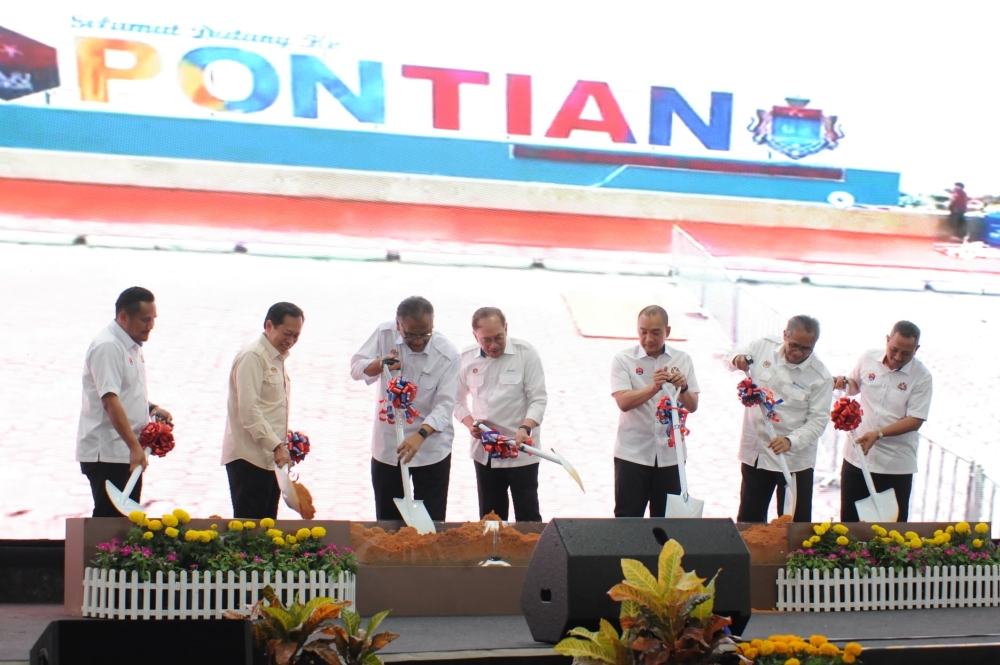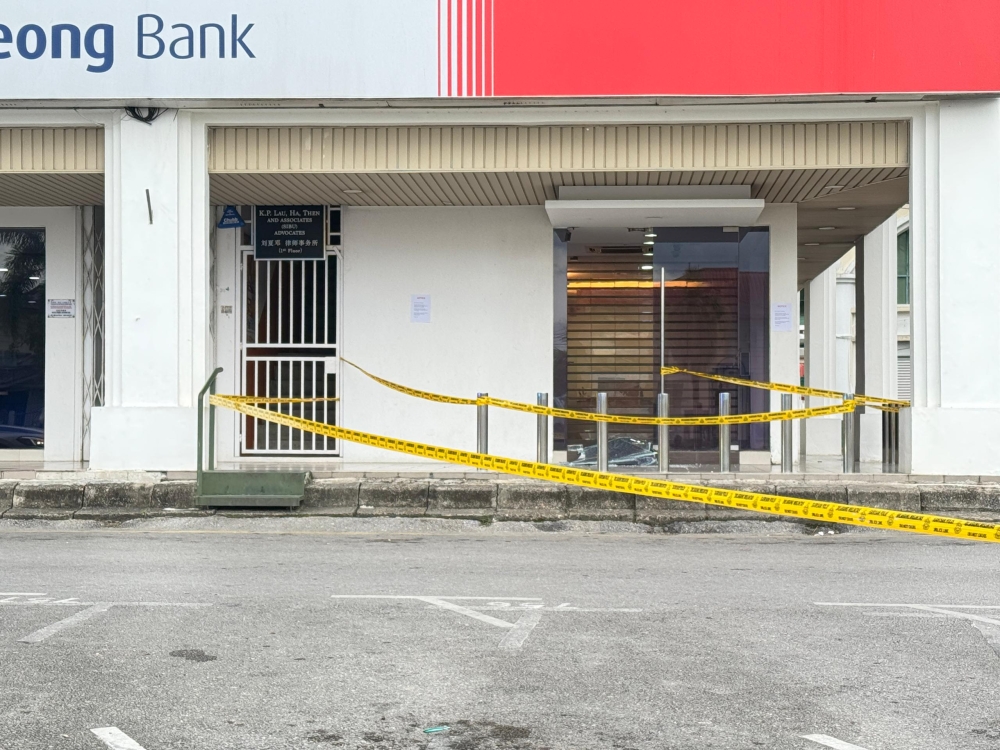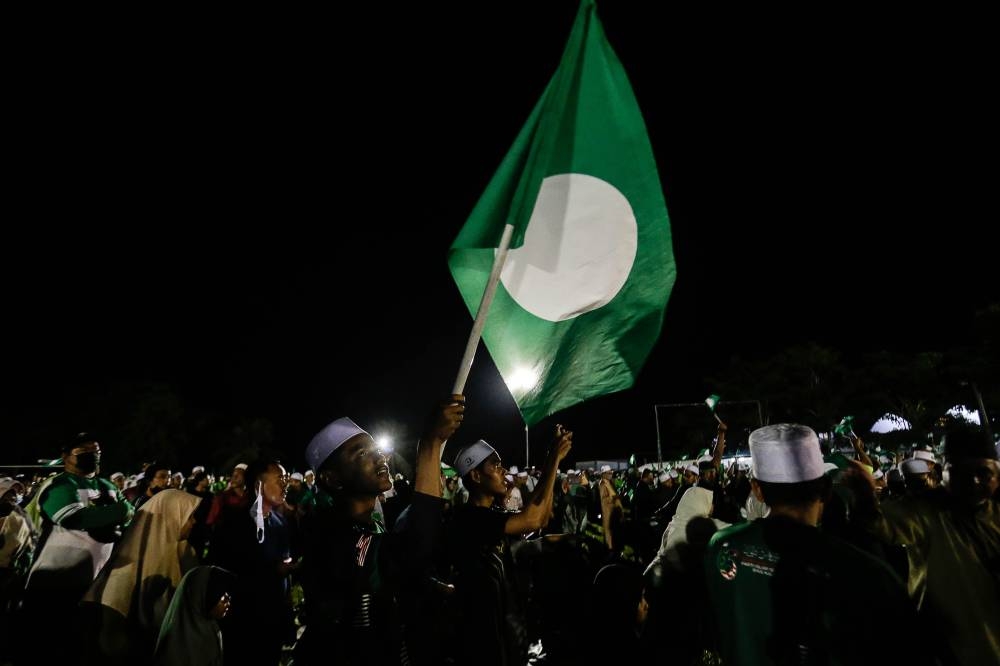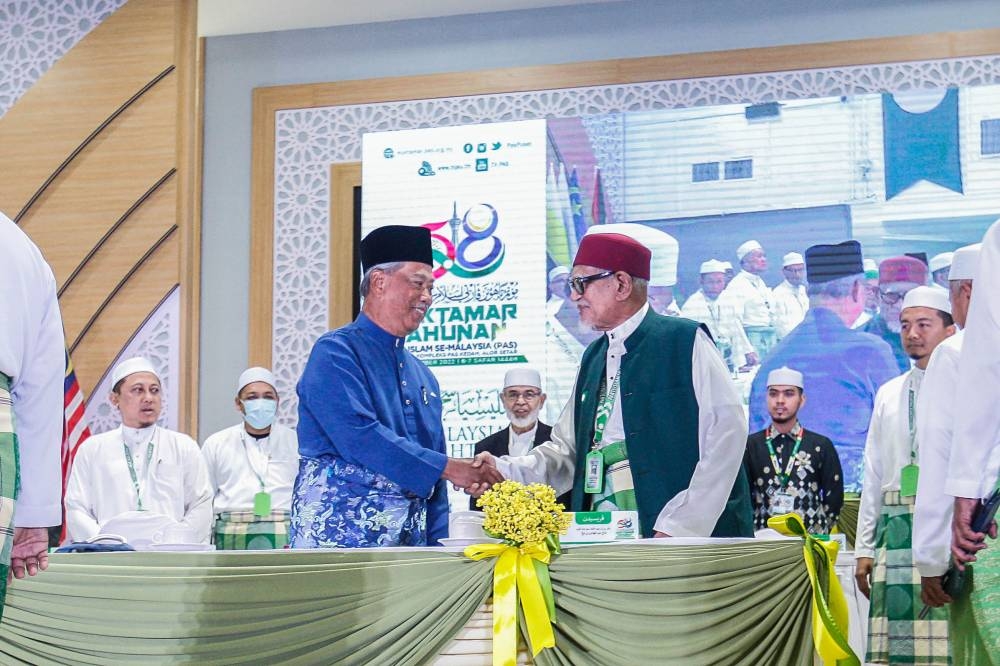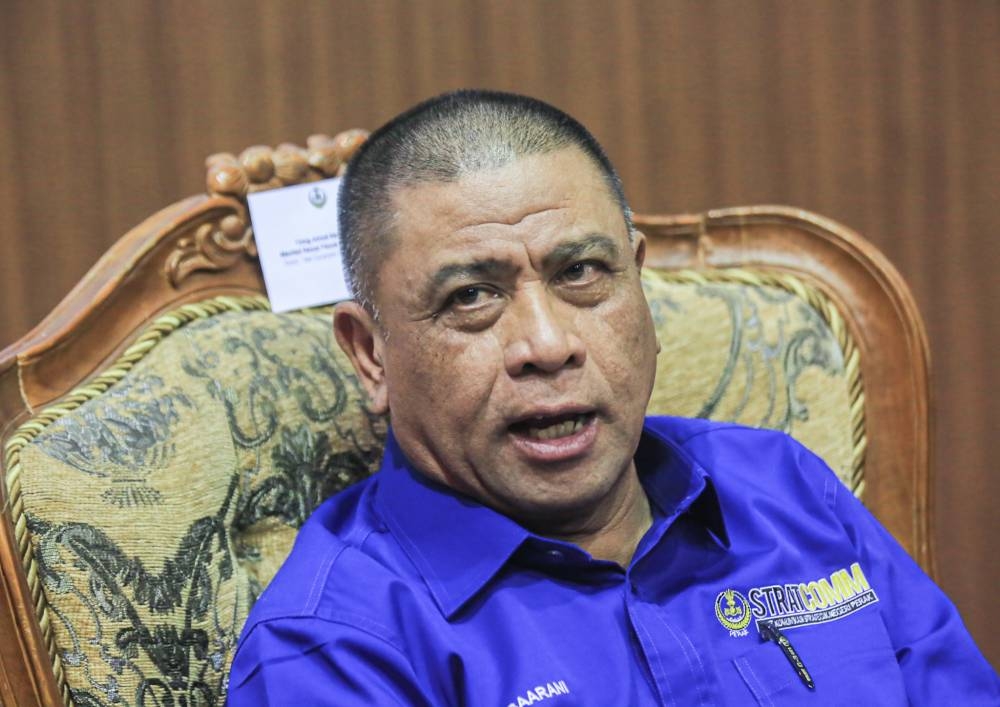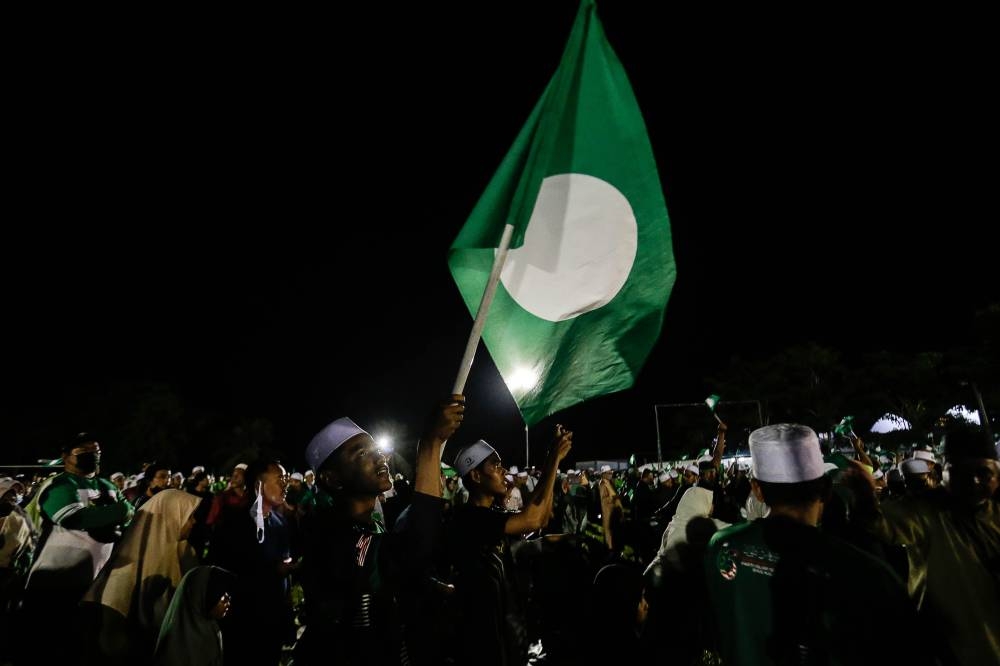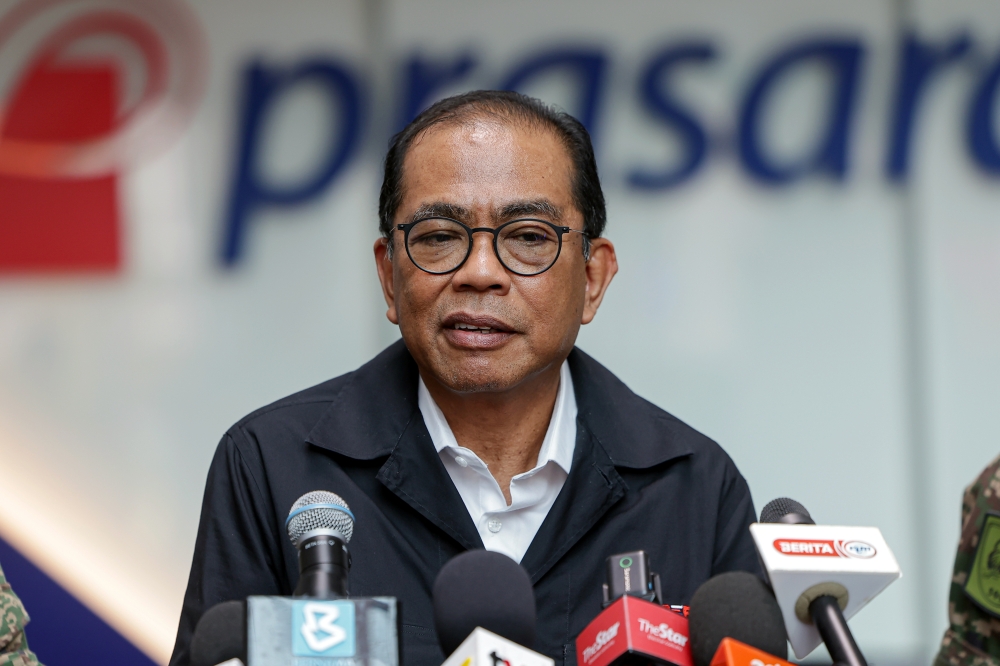COMMENTARY, Sept 13 — The current political landscape is so uncertain — with the addition of some five million young voters — that there is a desperate rush among political parties to finalise tie-ups or deals as the general election is just around the corner.
One of the parties trying to “renew” broken ties is PAS, a party that is now trying to return to its original objective of setting up an Islamic state which its current leaders seem to have forgotten as they got involved in political play.
The party is now walking a tightrope as it tries to show it can retain its religious credentials while at the same time remain relevant in the changed political landscape.
The Islamist party is now in two minds as its leaders want to continue working with Parti Pribumi Bersatu Malaysia (Bersatu) while at the same time partner with Umno in the upcoming general election to stay “alive” in the political arena.
The party is now under threat of a split as its grassroots voiced their preference for working with Umno while the leadership is forced to “sleep with two partners.” In the last two state elections in Melaka and Johor, the party used Bersatu’s logo which resulted in a silent protest and the party failed to win even one seat.
In the upcoming general election, the party leadership got dominant Bersatu to agree to it using its own logo but the damage to its influence and image has yet to be healed as reflected in its recently concluded muktamar in Alor Setar.
Playing to the gallery, the party leadership agreed to woo Umno back while maintaining ties with Bersatu, also with the same reason for the unity of the ummah.
The Islamist party leadership knows too well that Bersatu may not give it the edge to further its influence as it saw the true “strength” of Bersatu in Melaka and Johor.
Party president Tan Sri Abdul Hadi Awang had in fact given up on PAS’ pact with Umno just before the Melaka state election.
The Islamist party leaders had “joined” with Umno in 2019 in the name of unity of the ummah which gave birth to Muafakat Nasional (MN) and a year later joined the government of Perikatan Nasional (PN) where Parti Pribumi Bersatu Malaysia (Bersatu) is dominant.
At that time, Umno-led Barisan Nasional (BN) also threw itself into PN to stop the government from collapsing but not as a member of PN.
PAS is now a party hanging in the balance of the country’s political mainstream as it neither attracts the young nor is wanted by the older generation.













